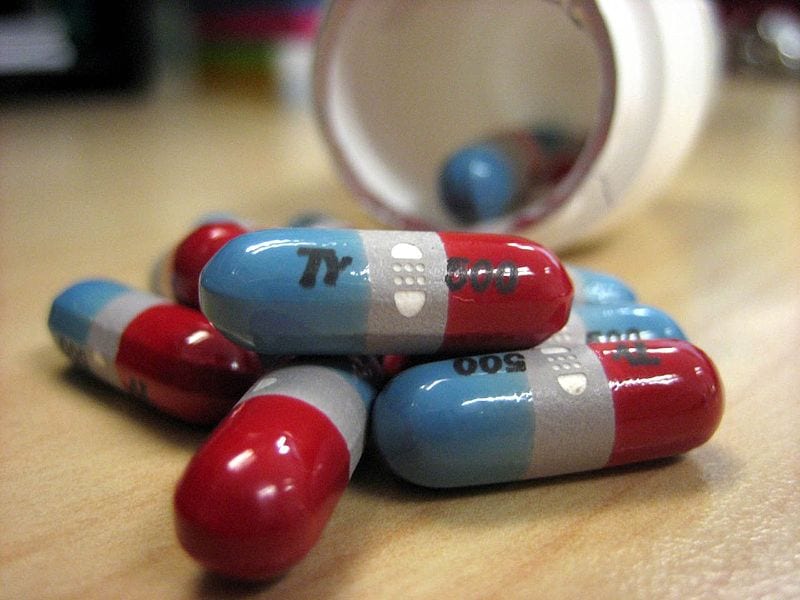FDA Consumer Safety Alert on Acetaminophen – Limit Daily Dosage
Acetaminophen is a commonly-used pain medication generally recognized as Tylenol and is contained in about 600 over-the-counter (OTC) medications.
Now the Food and Drug Administration (FDA) is issuing a warning concerning the prescription strength form of the drug and is asking doctors to stop prescribing and pharmacists to stop dispensing these tablets.
The 325 milligram (mg) of acetaminophen per tablet or capsule may not provide any additional benefit, says the agency, but the user does risk liver injury, liver failure and the risk of transplant and death. An overdose of acetaminophen may mimic a cold or flu and may take days to appear, reports the FDA.
Limit intake of acetaminophen to no more than 4,000 mg per day, though that may vary with each user.
The FDA rarely makes this kind of recommendation for a drug that has been on the market for a long time but it has received repeated reports of injuries in patients who took more than the prescribed amount of acetaminophen in a 24-hour period. And they do not have to be taking prescription strength when one takes over-the-counter (OTC) acetaminophen-containing products repeatedly for pain.
Back in January 2011, the Food and Drug Administration asked the makers of Tylenol- containing medications such as Alka-Seltzer Plus Liquid Gels, Anacin, Benadryl, Cepacol, Dristan, Formula 44, Goody’s Powders, Nyquil, Robitussin, Theraflu and Zicam, among others, to limit the amount of the active ingredient to no more than 325 mg per tablet or capsule. That request was supposed to be carried out by January 2014.
The FDA reports only about half have voluntarily acted to limit the amount of acetaminophen in medications. The FDA plans to take the next step of withdrawing approval of these prescription drugs.
The problem, of course, is consumer awareness and notice by the drug makers. The assumption is that over-the-counter equals safe. Sometimes it takes litigation to make things happen. A failure to warn is one of the elements of a defective product claim.
In the meantime, consumers need to be vigilant about acetaminophen which is also abbreviated on a label as APAP, Acetaminoph, Acetam, Acetamin, or Acetaminop.
Drinking alcohol with acetaminophen is never advised and consumers need to be wary of combining pain medications, regardless of whether they are prescription or OTC. Often pain relievers with hydrocodone, oxycodone or codeine, contain a certain amount of acetaminophen as well. Acetaminophen is often combined with cold and cough, allergy and sleep medications. So it’s fairly easy to overdose on acetaminophen.
The FDA promises to address over-the-counter acetaminophen products in another warning.
Share This



